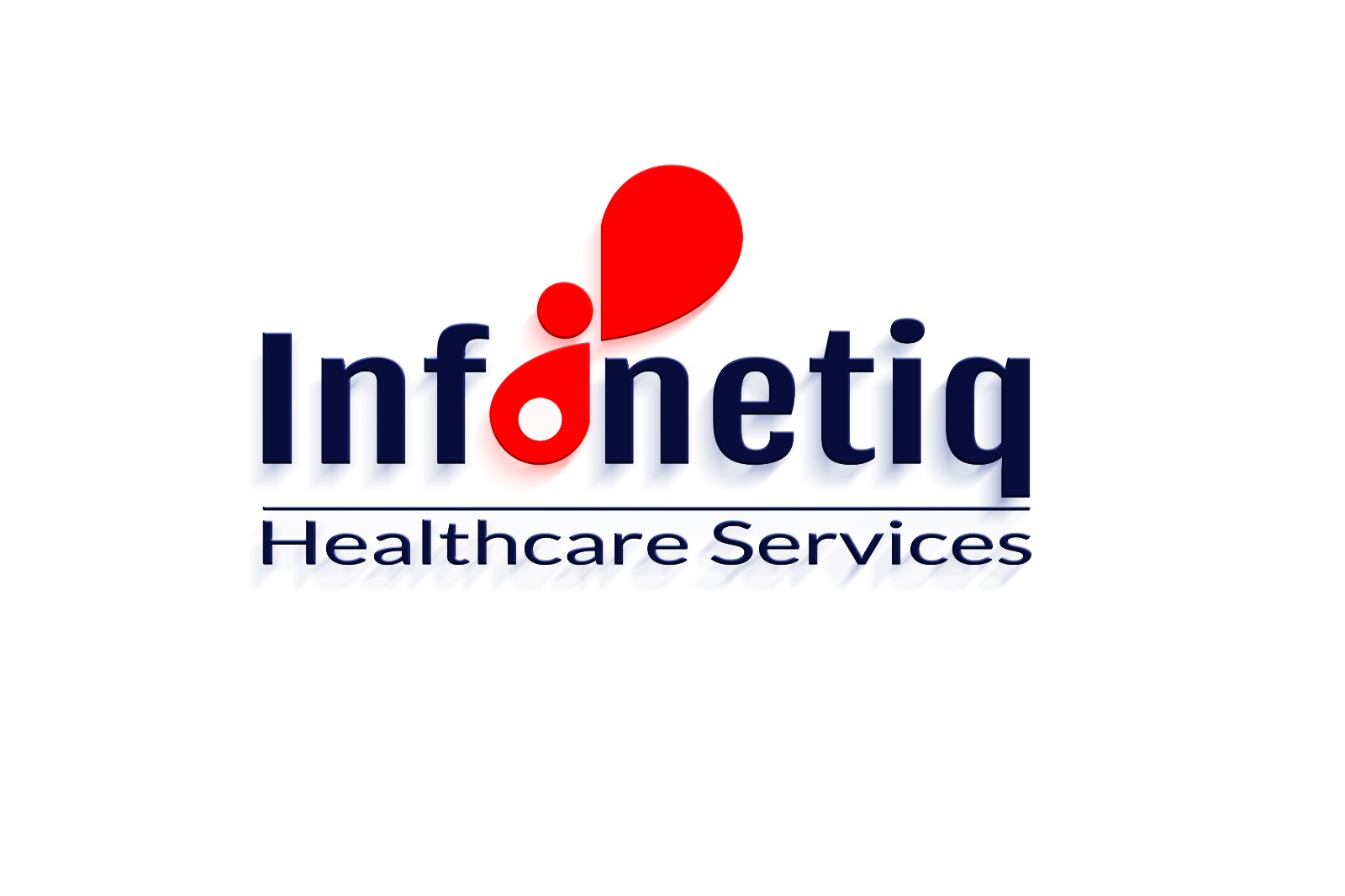Customer The customer is a well-known healthcare provider in the field. They have a staff working inside that communicates with clearinghouses and insurance providers to transmit claims, analyze acceptance reports, and find any submission errors. The staff resolves all registration-related difficulties within 24 hours, and the mistakes are calculated using a percentage. Hospitals receive frequent updates with this information as well as other reports. Additionally, they carry out any necessary software adjustments and issue any necessary alerts. Prior to making any sort of contact to the insurance provider, it’s crucial to do a thorough study of the inventory and communicate the priority plan to the client. Old AR based on collectable and non-collectible rejections are at the top of the client’s priority list, followed by large dollar amounts in descending order and new AR and non-collectible denials. When each of the priorities is provided as a report that is shared with the customers on a monthly basis, the pattern of denials is discovered. One of the most crucial elements in the revenue cycle management process is accounts receivable. It aids businesses in maintaining better cash flow and collecting unpaid accounts receivable. Here is a list of some of the issues the customer had: There was no analysis done when handling the claim denials. They did not take any protective steps. They lacked the resources necessary to carry out adequate documentation or escalation. Challenges We Faced When the customer chose to outsource their AR requirements to us, there were a few difficulties we encountered. They were, In order to assist us in obtaining the funds in the event of mass denials, it was determined to identify the various patterns and tendencies. The age bucket would be used to categorize the AR, allowing us to prioritize them according to their severity. It would be held a suitable training program for documentation and escalation. Understanding the subsequent follow-ups and fixing any faults, if any, would be made easier with the aid of this. Results Achieved The team at Infonetiq Inc. made sure everything proceeded as planned. Giving the requested services in a short amount of time was our top goal. During this project, some of the major outcomes we attained were as follows: Now that the claim denials can be easily identified, modifications may be introduced to halt the majority of the denials at the front end and before inserting the charges. The ability to generate and store instructions securely for future use eliminates the need for any needless appeals or follow-ups. The most significant accomplishment was that we were able to assist the customer in improving their cash flow and adopting going forward a healthy working style. Choose us to handle your healthcare Accounts Receivable outsourcing needs: Along with other healthcare BPO services, Infonetiq Inc. has been offering top-notch accounts receivable services to clients worldwide. We are here to assist you in reducing the stress that unpaid claims and slow collections may cause for your company. Our staff is knowledgeable with the most recent changes to industry standards and regulations and is qualified to manage any type of AR requirements. You may effectively manage the incoming funds with the aid of our affordable services, helping you to keep a healthy financial flow. You’ve come to the correct site if you’re seeking for a trustworthy, secure, effective, and reasonably priced accounts receivable service provider. Contact us right now!





